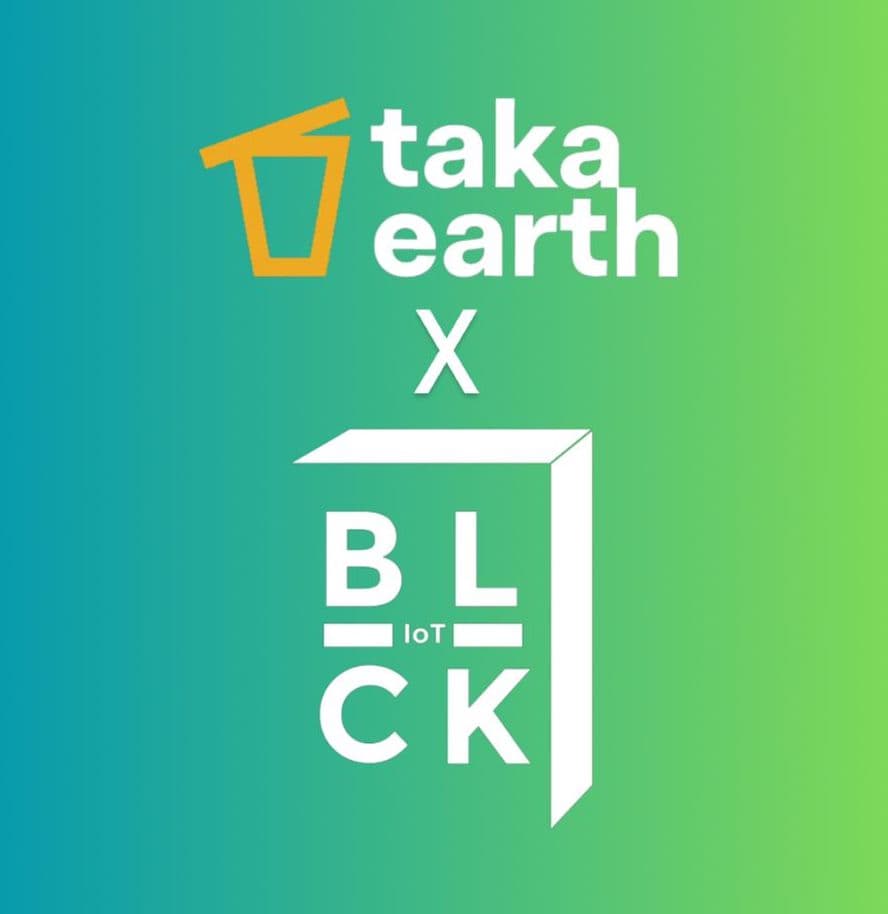BLCK Teams Up with Taka Earth to Drive Environmental Sustainability in Kenya

The integration of blockchain technology continues to gain momentum due to its inherent characteristics of being a distributed, open ledger that is verifiable by all parties involved. Concurrently, the Internet of Things (IoT) has seamlessly woven into various aspects of our interconnected world, spanning from consumer products like appliances and security systems to large-scale applications in agribusiness and power.
We will harness the potential of LoRaWAN, which offers advantages such as extended battery life and transmission distances, although with a trade-off of longer latency and smaller packet sizes. By incorporating LoRaWAN networks into their waste capture tracking and recycling documentation, Taka Earth ensures that all their environmental sustainability efforts become verifiable and transparent.
The first aspect of the collaboration involves tracking waste pick-ups on the blockchain, enabling Taka Earth to quantify and provide verifiable communication of their clients' sustainable waste capture efforts, both over long distances and within buildings. This digital ledger will be enriched with verifiable location data, ensuring transparency in tracking all greenhouse gas emission reduction efforts. The second aspect focuses on enhancing reporting for sustainable waste management by creating a recycling ledger that digitizes and hashes the existing value chain of recycling activities for tokenization. This step is essential for Taka Earth's goal of recording, measuring, and reporting every waste collection, ultimately accounting for these carbon stocks as financial assets, with a focus on Regenerative Finance (ReFi). The principles of Web3, namely transparency, coordination, trust, decentralization, and scalability, hold immense potential to combat the climate crisis and drive effective climate action on a global scale.
Taka Earth, with its diverse applications across various sectors, aspires to document emissions across Africa and establish verifiable data, thereby mitigating and reducing the impacts of climate change. Their data-driven approach to sustainable waste management, offering unique solutions for all stakeholders involved in consumer waste packaging, aims to elevate waste management practices to minimize environmental impact. The success of this approach could pave the way for similar strategies to be applied to other emission-heavy industries like transportation, fostering further progress in the fight against climate change.
“Climate change demands unprecedented transparency in tracking and reporting efforts. This partnership allows us to use Blockchain, in shaping a future where Taka Earth clients' have tamper-proof information, fostering trust and accountability in climate change initiatives.” Bob Mwangi, the Chief Technology Officer said.